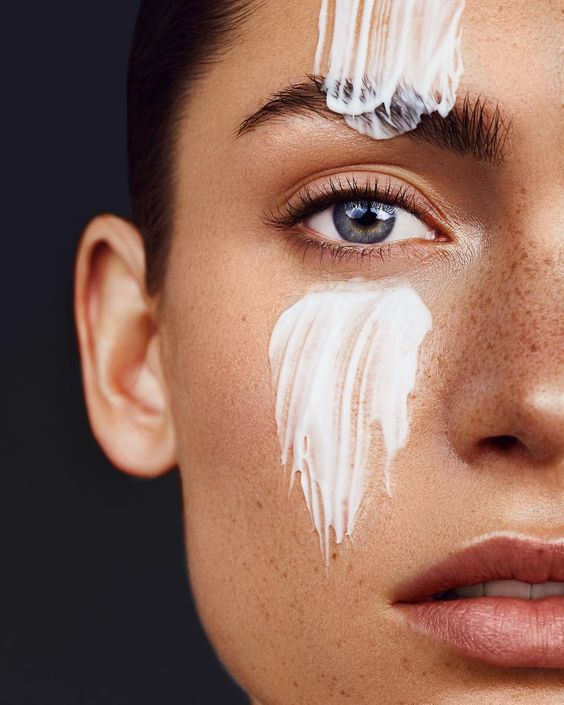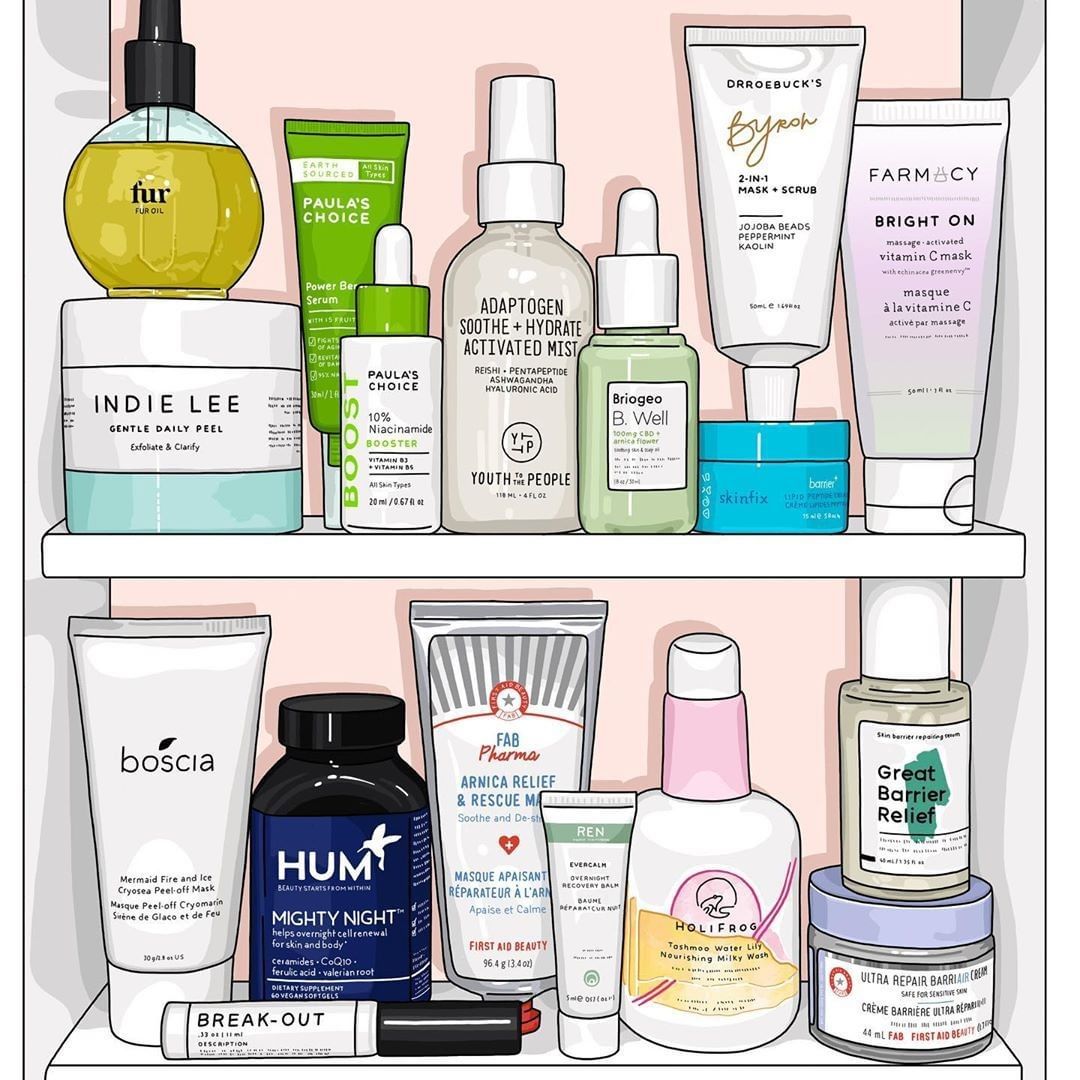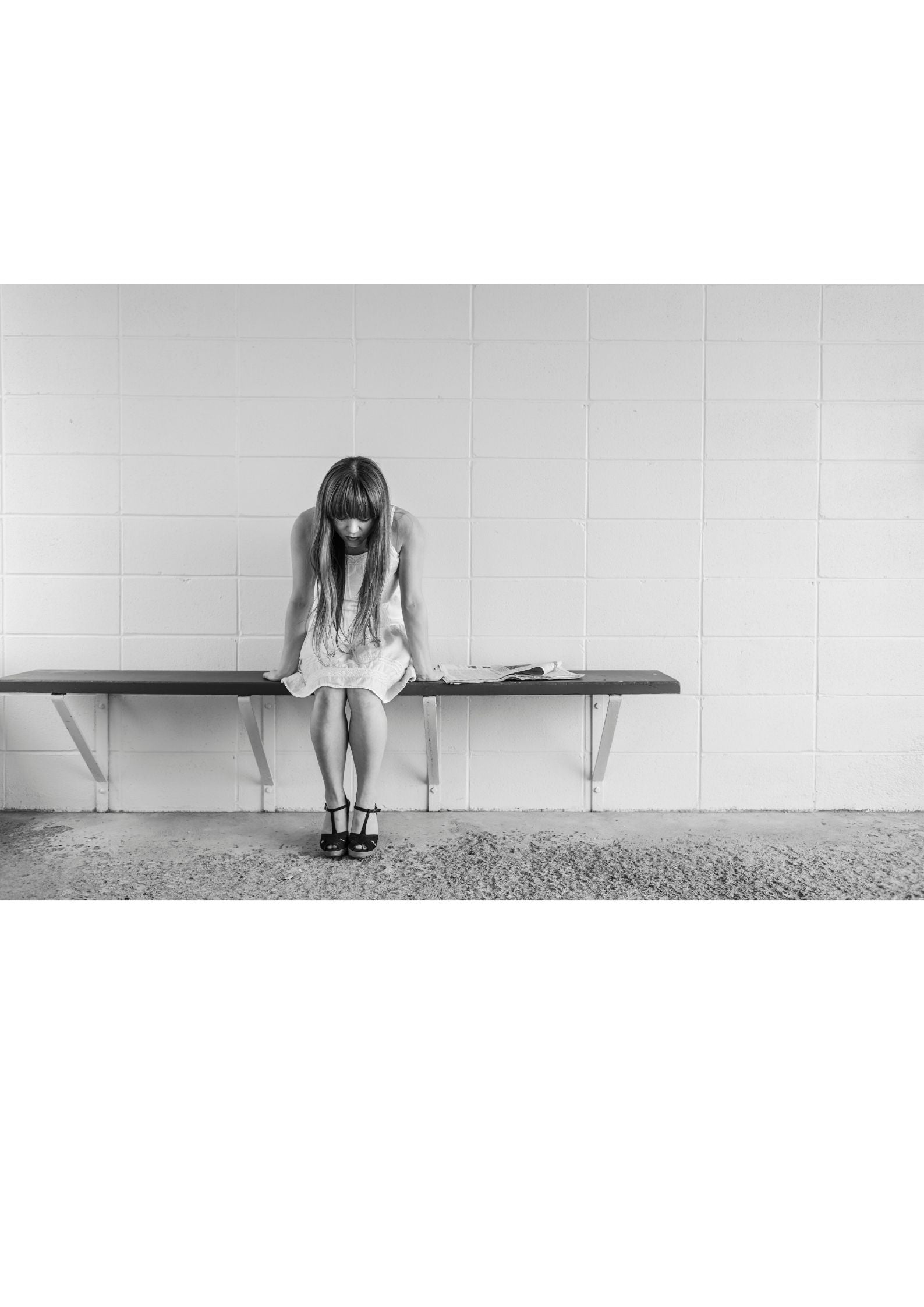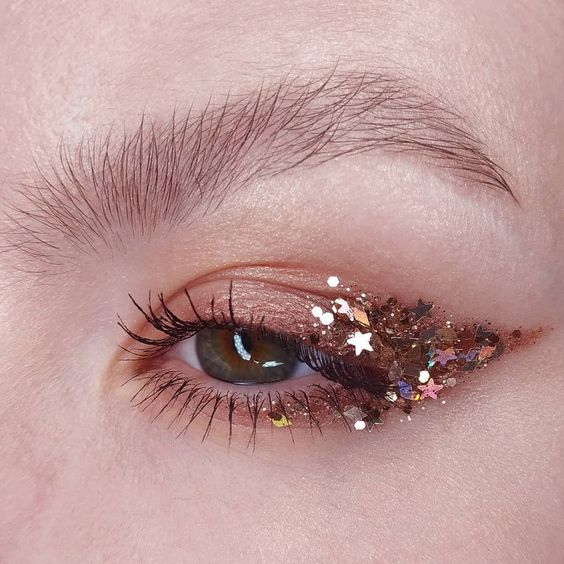Do You Need Sunblock Indoors? Here's What Happens to Your Skin When You Spend Hours In Front of a Screen

All our Primary fans know how crucial sunblock is. We never leave our house without sunblock. Sun, rain, spring, fall- the world could be falling apart but sunblock is essential.
With the coronavirus pandemic keeping us all locked indoors, most of us spend all day in front of our screens. When it's not our work that's keeping us glued to our laptops, it's our smartphones, Instagram stories, and mindless scrolling. Not only does this affect our posture, but it is also terrible for our skin. Yup, you read that correctly. Your laptop and smartphone screens are causing harm to your skin.
Blue Light From Screens Penetrates Skin Deeper Than UV Rays
According to a recent study, the blue light emitted from your computer screen, smartphone, and even LED lights can penetrate your skin deeper than UV rays. This makes blue right just as damaging as the sun. Yikes! We all know too well that the sun is our skin's worst enemy, but how many of you knew that your smartphones and laptop screens are causing unimaginable damage to your skin, despite all the high-end products you slap on to your face each night?
So, why is screen light so bad for our skin? A dermatologist at Thomas Jefferson University states that blue light has a high-energy and short wavelength. A chemical in the skin, flavin, absorbs blue light. When the skin is directly exposed to blue light, reactive oxygenated species are formed, leading to DNA damage and inflammation. Over time, this can break down healthy collagen, leading to premature skin aging.
Moreover, our skin undergoes oxidative stress because of overexposure to blue light which leads to skin discolouration and hyperpigmentation. Increased exposure to UV rays accumulates and increases the risk of skin cancer. Even though the body can repair some of the DNA damage caused to cells, it cannot repair all of it.

Protecting Your Skin from Blue Light
Even if you are not making direct contact with sunlight, sunscreen is your skin's strongest protector. You don't need to leave the house to put on sunscreen. Include a moisturizer with SPF 30 when indoors to shield your skin from the unspeakable damage that blue light causes.
While sunblock is the obvious choice, what else can you do to protect your screen indoors?
1) Antioxidants
 You might be perfecting your skincare game and taking great care of your skin from the outside, but your inner health also plays a huge role in determining the health of your skin. Tailoring your routine to include a diet rich in antioxidants and vitamin C helps revive the skin and give it the strength it needs to fight UV rays, blue light, and other harmful environmental factors.
You might be perfecting your skincare game and taking great care of your skin from the outside, but your inner health also plays a huge role in determining the health of your skin. Tailoring your routine to include a diet rich in antioxidants and vitamin C helps revive the skin and give it the strength it needs to fight UV rays, blue light, and other harmful environmental factors.
2) Moisturize
 Blue light emitted from smartphones, tablets, and computers can cause the collagen in your skin to break down, leading to premature skin aging and hyperpigmentation. To avoid this, make sure to moisture your face, hands, and neck on a regular basis. Look for a moisturizer that boosts collagen production and cell renewal power.
Blue light emitted from smartphones, tablets, and computers can cause the collagen in your skin to break down, leading to premature skin aging and hyperpigmentation. To avoid this, make sure to moisture your face, hands, and neck on a regular basis. Look for a moisturizer that boosts collagen production and cell renewal power.
3) Blue Light Filter
 One of the simplest ways to protect your skin is to decrease your blue light exposure. You can simply do this by using the blue light filter on your phone. Adjust the display settings on your computer and smartphone and manually decrease the blue light emissions so that your skin is no longer exposed to the harmful rays.
One of the simplest ways to protect your skin is to decrease your blue light exposure. You can simply do this by using the blue light filter on your phone. Adjust the display settings on your computer and smartphone and manually decrease the blue light emissions so that your skin is no longer exposed to the harmful rays.
Does this blog encourage you to wear sunscreen indoors? Good, YES is the correct answer!




Comments